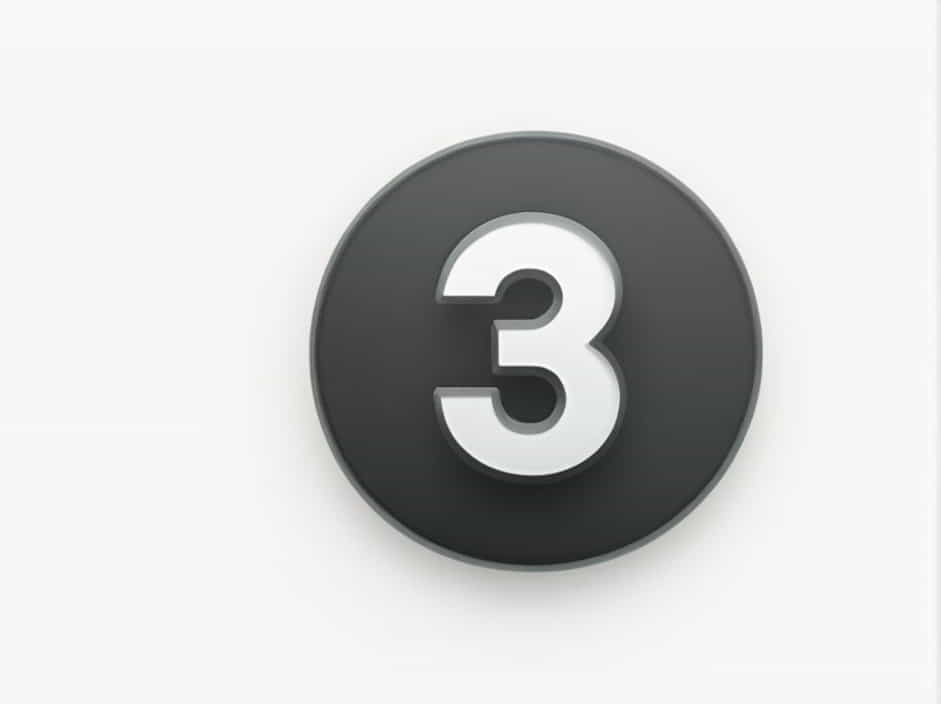In the digital world, data storage is measured in various units, ranging from bytes (B) to terabytes (TB) and beyond. While most people are familiar with megabytes (MB) and gigabytes (GB), the terabyte (TB) is a crucial unit of measurement in today’s data-driven society.
But how many bytes are in a terabyte? This topic will break down the number of bytes in a terabyte, compare it to other storage units, and explore its real-world applications.
What Is a Byte?
Before diving into terabytes, let’s start with the fundamental unit of digital storage-the byte.
A byte consists of 8 bits, where each bit represents a binary digit (0 or 1). Bytes are used to store digital information, including text, images, audio, and video files.
For example:
- The letter ‘A’ is stored as 1 byte.
- A short paragraph of text may take up a few kilobytes (KB).
- A high-quality image may require several megabytes (MB).
Bytes serve as the building blocks of all digital storage measurements, including kilobytes, megabytes, gigabytes, and terabytes.
What Is a Terabyte?
A terabyte (TB) is a unit of digital storage that is larger than a gigabyte (GB) but smaller than a petabyte (PB). It is commonly used in computer hard drives, cloud storage, and data centers.
With the increasing size of applications, games, videos, and software, terabyte-scale storage has become more accessible for everyday users.
How Many Bytes Are in a Terabyte?
The number of bytes in a terabyte depends on the measurement system used:
1. Terabyte in the Binary System (Base-2)
Computers and operating systems use the binary system (base-2), where data is calculated in powers of 2. According to this system:
- 1 Terabyte (TB) = 1,024 Gigabytes (GB)
- 1 Gigabyte (GB) = 1,024 Megabytes (MB)
- 1 Megabyte (MB) = 1,024 Kilobytes (KB)
- 1 Kilobyte (KB) = 1,024 Bytes
Using these conversions, we can calculate:
2. Terabyte in the Decimal System (Base-10)
Storage manufacturers use the decimal system (base-10) for marketing purposes, where data is calculated in powers of 1,000 instead of 1,024. In this system:
- 1 TB = 1,000 GB
- 1 GB = 1,000 MB
- 1 MB = 1,000 KB
- 1 KB = 1,000 Bytes
Using this calculation:
Binary vs. Decimal: Why Does It Matter?
The difference between the binary (1.1 trillion bytes) and decimal (1 trillion bytes) calculations creates confusion.
- Computers and operating systems (Windows, macOS, Linux) use the binary system.
- Storage device manufacturers (HDDs, SSDs, USBs) use the decimal system for marketing.
This is why a 1 TB hard drive often appears as 931 GB when viewed on a computer. The drive still contains 1 trillion bytes, but the computer interprets it differently.
How Does a Terabyte Compare to Other Storage Units?
To better understand how much data a terabyte can hold, let’s compare it to other storage units:
| Storage Unit | Equivalent in Bytes (Binary) | Equivalent in Bytes (Decimal) |
|---|---|---|
| 1 Kilobyte (KB) | 1,024 Bytes | 1,000 Bytes |
| 1 Megabyte (MB) | 1,024 KB | 1,000 KB |
| 1 Gigabyte (GB) | 1,024 MB | 1,000 MB |
| 1 Terabyte (TB) | 1,024 GB | 1,000 GB |
The exponential increase in storage capacity shows how quickly digital storage grows as we move up the scale.
Real-World Applications of Terabytes
A terabyte is large enough to store massive amounts of data. Here are some real-world applications of TB-scale storage:
1. Personal Computing and Hard Drives
Most modern laptops and desktop computers come with at least 1 TB of storage, which is sufficient for storing:
- Thousands of photos and videos
- Hundreds of high-definition movies
- Large software and games
2. Cloud Storage Services
Services like Google Drive, Dropbox, and OneDrive offer TB-scale plans for users who need extensive online storage.
For example, Google Drive’s 2 TB plan allows users to store:
- 500,000 photos (4 MB each)
- 1,000 full-length HD movies
3. Video and Media Production
A terabyte of storage is crucial for photographers, videographers, and content creators.
- 4K video files take up large amounts of space (50-100 GB per hour).
- RAW images used in professional photography require dozens of MBs per file.
A 1 TB hard drive can store approximately 250,000 high-resolution images or 200 hours of HD video.
4. Gaming Industry
Modern video games require significant storage. For example:
- Call of Duty: Modern Warfare (2022) can take up 250+ GB.
- Red Dead Redemption 2 requires 150 GB.
A 1 TB gaming console can store around 8–10 large games before reaching full capacity.
5. Big Data and Artificial Intelligence
Organizations dealing with big data, machine learning, and AI rely on terabyte-scale storage to manage large datasets.
Industries such as finance, healthcare, and cybersecurity use TBs of storage to process and analyze customer transactions, medical records, and security logs.
How Long Would It Take to Download 1 Terabyte?
Downloading 1 TB of data depends on internet speed. Here’s an estimate based on different connection speeds:
| Internet Speed | Time to Download 1 TB |
|---|---|
| 100 Mbps | ~22 hours |
| 1 Gbps | ~2 hours |
| 10 Gbps | ~12 minutes |
| 100 Gbps | ~1 minute |
While fiber-optic networks and 5G have improved download speeds, transferring TB-scale data still requires high-bandwidth connections.
A terabyte is a large unit of digital storage, containing 1,099,511,627,776 bytes in the binary system and 1,000,000,000,000 bytes in the decimal system. It is widely used in personal computing, cloud storage, gaming, and big data industries.
As technology advances, TB-scale storage is becoming more affordable and essential for managing modern data needs. Whether storing movies, games, photos, or scientific research, understanding terabytes helps users make informed decisions about digital storage solutions.
